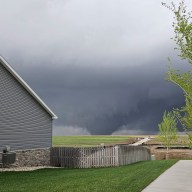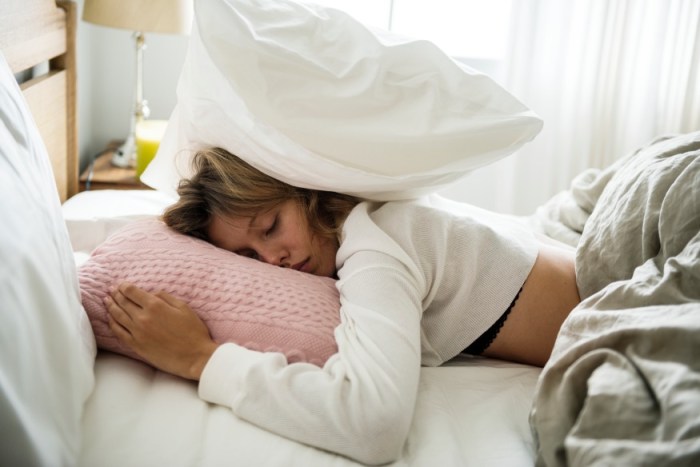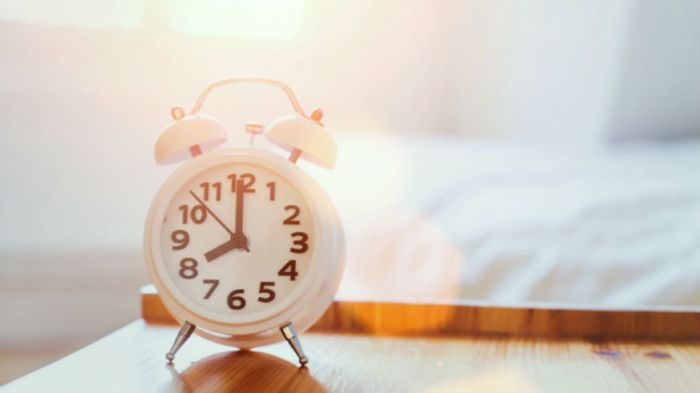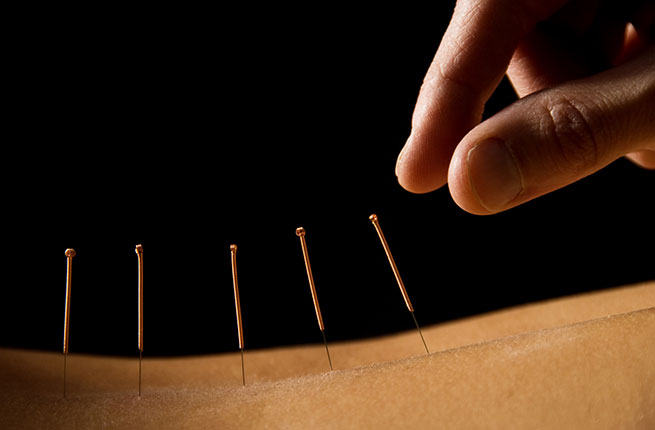One of New York’s most well-known nicknames is “The City That Never Sleeps,” that’s nothing new to be sure. But what is new is recent data shows just how much sleeplessness is rampant in the Big Apple.
Sleep technology company Eight studied sleep data from more than 20,000 users and learned that New Yorkers spend an average of two hours and 51 minutes awake in bed on weeknights, giving them a sleep efficiency (percentage of time spent asleep) of 70 percent.
Comparatively, Eight users in San Francisco are awake in bed two hours and 19 minutes, or 74 percent sleep efficiency, while those in Los Angeles are awake two hours and 18 minutes, or 77 percent. Ideal sleep efficiency is between 85 and 90 percent.
“This data from Eight is just unprecedented in potential to understand the sleep behavior of a large population of people in their own homes, their own beds,” said Dr. Craig Heller, a Stanford biology professor and member of Eight’s scientific advisory board. “This is a wealth of data that has not been available to sleep researchers ever before. I think we’re seeing just the tip of the iceberg.”
What makes Eight’s sleeplessness data so valuable is it’ll allow researchers to “do correlations between the best and worst sleepers and the characteristics in their lives,” Heller said.
He refers to things we’re likely all guilty of, such as cutting our sleep short during the week only to sleep in on our much-needed weekends.
“It’s impossible to make up the deficits that are caused by short sleep during the week with just sleeping in on the weekends,” Heller said, debunking that sleep myth once and for all.
“Sleep is when we consolidate our learning and memory,” he explained. “That’s when we store the important information that we acquire during the day and transfer it to our long-term memory. You can’t just pay that all by just by sleeping extra a few days later.”
What’s contributing to New Yorkers’ sleeplessness?
It’s no surprise work is the No. 1 reason for sleeplessness in New York City, Heller said, “but in addition, social interactions, which people shouldn’t give up, and by our access to entertainment sources.”
That includes phones, computers and TVs, whose bright light “delays our circadian rhythm and clock, and that means the brain is not telling us to go to sleep when it should be telling us to go to sleep,” Heller said.

How to combat sleeplessness
Here are some tips from Heller on how to battle sleeplessness:
• Have a real definition of sleep time. “Not just going to bed with everything and when you happen to get sleepy, you fall asleep. Having a set sleep time,” he urged.
• Don’t take work to bed. “Or your entertainment,” Heller added. “Well, there is one exception there, but that actually contributes to sleep.”
• If you live in a studio or have roommates, your room might double as your office, so “the best thing to do is close your laptop and turn off your desk light at a certain time,” Heller said.
• And, since noisy neighbors can contribute to sleeplessness, Heller also suggest noise-blocking earphones or earplugs and white-noise machines.


















